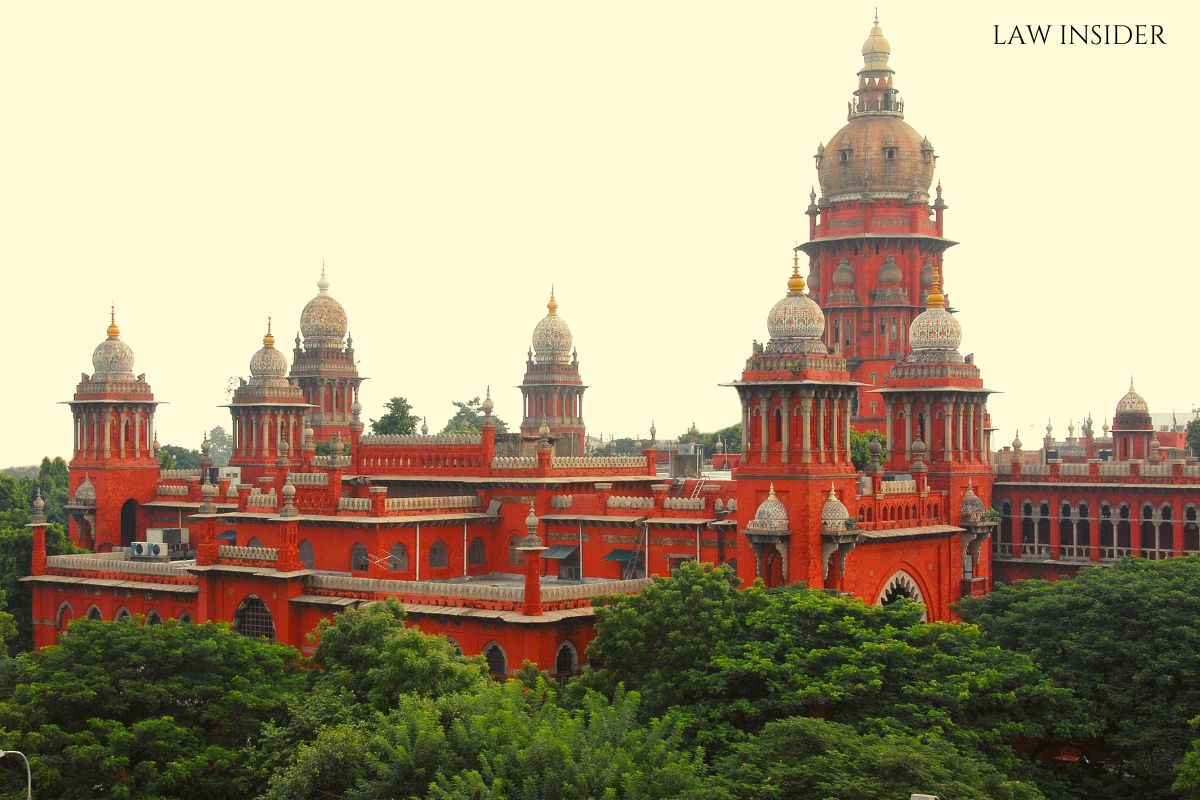LI Network
Published on: 22 September 2023 at 11:47 IST
The Madras High Court, while permitting a plea by a life convict prisoner for a 40-day ordinary leave, underscored that a prisoner’s fundamental right extend beyond the prison gates.
The court emphasized that the prisoner’s request, which involved making arrangements for his children’s education and repairing his homestead, fell under the purview of the Tamil Nadu Suspension of Sentence Rules 1982.
“The aforementioned two reasons, i.e., the reasons which snugly fit into sub-clauses (ii) and (iii) of Rule 20 of said Rules, in our view are very compelling as it pertains to the education of the writ petitioner’s children. In this regard, we remind ourselves that a prisoner and his fundamental rights do not part ways at the prison gates, and the Right to Education is indisputably a fundamental right,” the court stated.
Justices M Sundar and R Shakthivel also emphasized that the rules governing leave were subordinate legislation and could not encroach upon the constitutional powers of the court, particularly with regard to Article 21 of the Constitution.
“A piece of subordinate legislation which has not gone through the legislative process in the Legislature can hardly constrict or in any manner hamper the Constitutional powers of this Court, especially when such Constitutional powers pertain to Article 21 of the Constitution of India,” the court declared.
The case involved a plea by Selvam, originally sentenced to capital punishment, which was subsequently commuted to life imprisonment. Selvam, who had already spent 29 years in incarceration and had previously been granted leave 15 times without any issues, sought a 40-day ordinary leave to arrange for his children’s education and to repair his homestead. When his request was not addressed, he approached the High Court.
The Public Prosecutor informed the court that Selvam’s representation was under consideration, and a report from the Jurisdictional Probation Officer contained no adverse remarks. The report suggested that leave could be granted, albeit with an escort.
The court clarified that the Rules were merely subordinate legislation and could not curtail the constitutional powers of the court. As a result, it approved Selvam’s request for 40 days of ordinary leave with an escort. The court also directed that the strength of the escort would be determined by the jurisdictional police.
Additionally, the court stressed that the special leave was to be utilized exclusively for the purpose for which it was granted, and leave with an escort did not imply that Selvam would be confined to his home.

